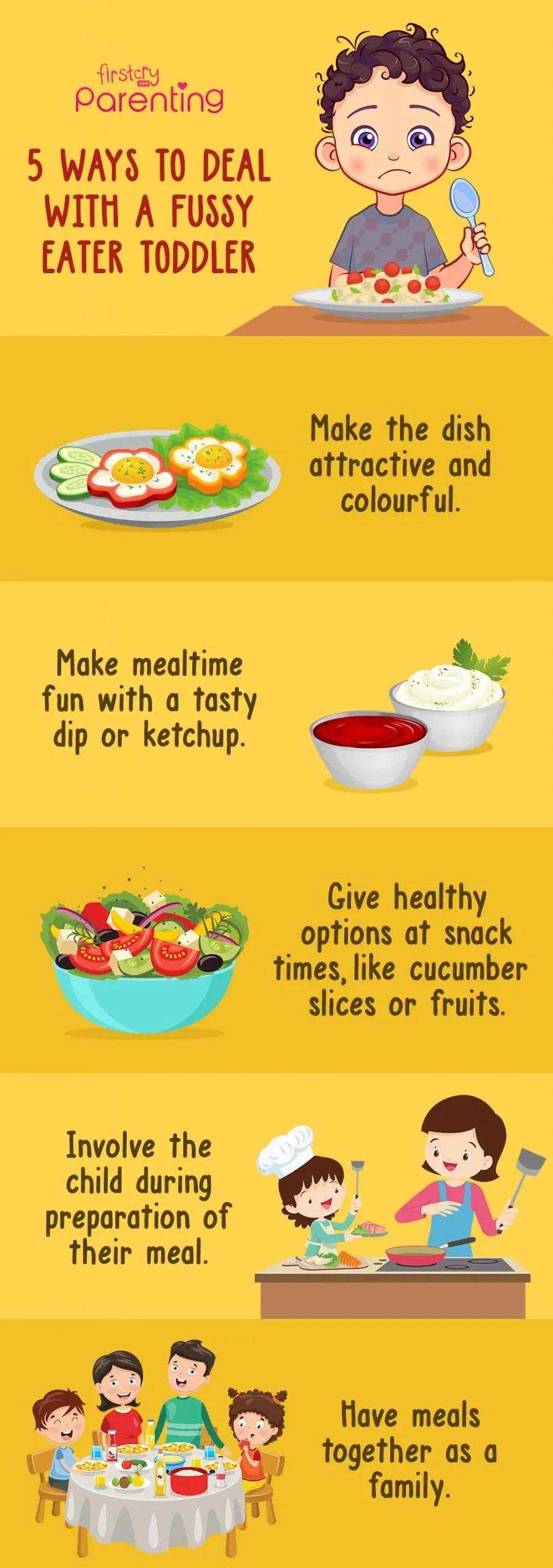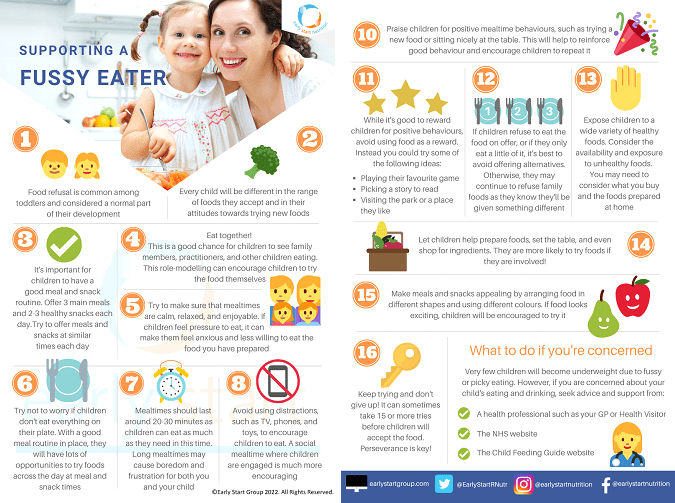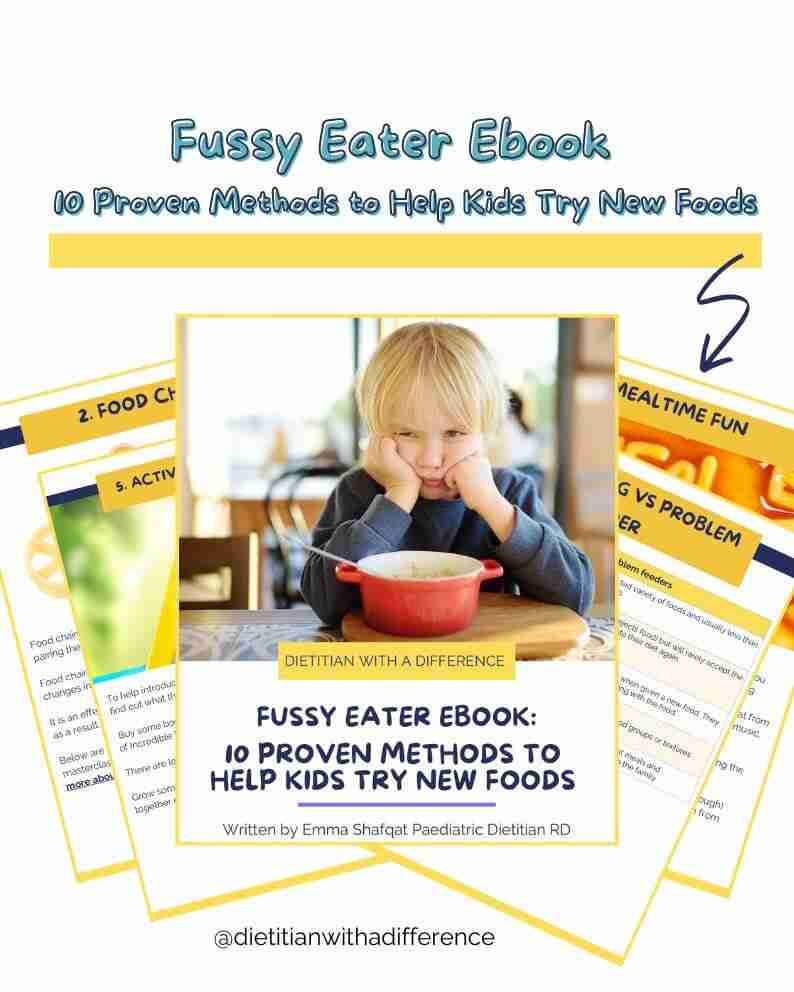Is Your Child a Fussy Eater? Try These Five Proven Strategies
Mealtimes with young children can be a joyful experience, but for many parents, they’re a battlefield. Fussiness around food is incredibly common, causing stress for both parents and children. But don’t despair! While there’s no magic wand, consistent application of these five proven strategies can significantly improve your child’s eating habits and reduce mealtime stress.
1. Offer Variety, But Don’t Force It
Children need repeated exposure to new foods before they accept them. Don’t be discouraged if your little one rejects a new vegetable the first (or even fifth!) time.
- The Repeated Exposure Strategy: Offer the disliked food alongside familiar favorites. Present it in different ways – steamed, roasted, pureed – and at different meals.
- Avoid Pressure: Never force your child to eat. This creates negative associations with food and can lead to power struggles. Instead, focus on creating a positive and relaxed mealtime environment.
- Model Good Behavior: Children often mimic their parents’ eating habits. Show them you enjoy a variety of healthy foods.
2. Involve Your Child in the Process
Engaging children in food preparation can foster a sense of ownership and increase their willingness to try new things.
- Grocery Shopping: Let your child help choose fruits and vegetables at the supermarket.
- Meal Planning: Involve them in age-appropriate ways, such as selecting recipes or helping to wash and prepare ingredients.
- Gardening (if possible): Growing their own fruits and vegetables can make them more curious about trying them.
3. Focus on Positive Reinforcement
Praise and encouragement are far more effective than punishment or criticism.
- Celebrate Small Victories: Acknowledge and praise any effort your child makes to try new foods, even if they only take a small bite.
- Avoid Labels: Refrain from labeling your child as a “fussy eater.” This can become a self-fulfilling prophecy.
- Positive Mealtime Atmosphere: Create a calm and enjoyable environment at the table, free from distractions like screens.
4. Be Patient and Consistent
Changing eating habits takes time and persistence. Don’t get discouraged if you don’t see immediate results.
- Long-Term Approach: Consistency is key. Continue offering a variety of healthy foods, even if your child initially rejects them.
- Trust the Process: Your child’s appetite will fluctuate. Some days they’ll eat more than others. Focus on providing nutritious options and avoid getting overly concerned about daily intake.
- Seek Professional Help: If you have significant concerns about your child’s growth or nutrition, consult a pediatrician or registered dietitian.
5. Limit Unhealthy Options
Restricting access to sugary drinks, processed foods, and unhealthy snacks can make children more receptive to healthier options.
- Healthy Swaps: Offer nutritious alternatives to less healthy choices. For example, swap sugary cereals for whole-grain options.
- Water is Best: Encourage water as the primary beverage.
- Mindful Snacking: Provide healthy snacks between meals, but avoid overfeeding.
Conclusion
Tackling picky eating requires patience, understanding, and a consistent approach. By implementing these five strategies, you can create a more positive and enjoyable mealtime experience for both you and your child, promoting healthy eating habits that will benefit them for years to come. Remember, small steps lead to significant progress.
Frequently Asked Questions (FAQs)
Q1: My child only eats a few specific foods. Is this normal?
A1: Yes, to a certain extent. Many children go through phases of picky eating. However, if this significantly impacts their growth or nutritional intake, it’s crucial to consult a healthcare professional.
Q2: How can I deal with mealtime tantrums related to food?
A2: Remain calm, avoid power struggles, and stick to your mealtime routine. Offer healthy alternatives without pressure. If tantrums persist, consider seeking guidance from a child psychologist or therapist.
Q3: Should I give in to my child’s demands for unhealthy foods?
A3: Generally, no. While occasional treats are fine, consistently giving in can reinforce picky eating and unhealthy habits. Offer healthier alternatives instead.
Q4: My child refuses to try new foods. What should I do?
A4: Employ the “repeated exposure” strategy. Keep offering the new food in different ways and at different times. Don’t force it, but continue to present it alongside familiar foods.
Q5: At what age should I be concerned about picky eating?
A5: If your child’s picky eating is persistent and significantly impacting their growth, development, or nutritional status, it’s advisable to seek professional advice from your pediatrician or a registered dietitian, regardless of age. However, most children naturally become more adventurous eaters as they get older.




